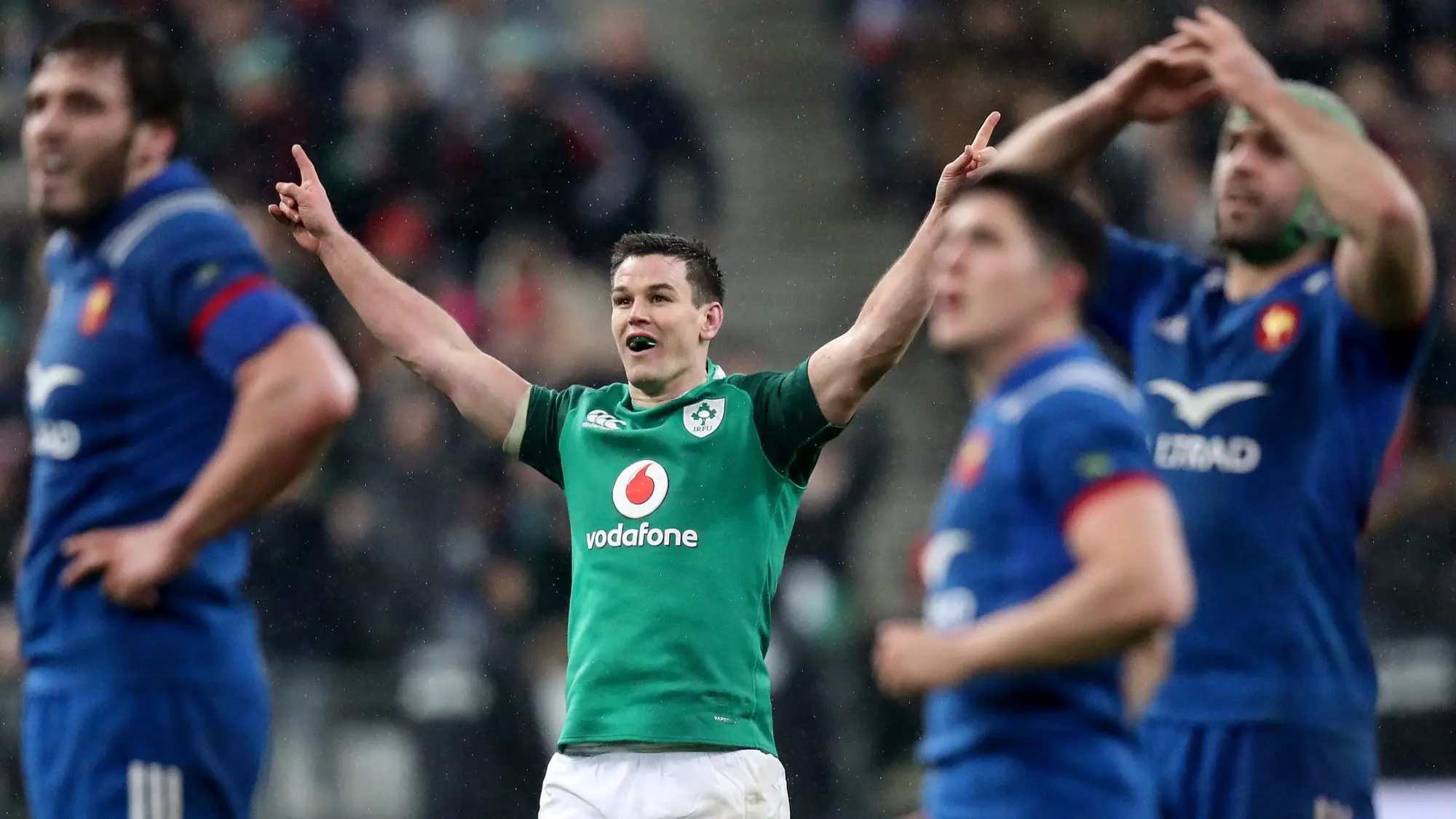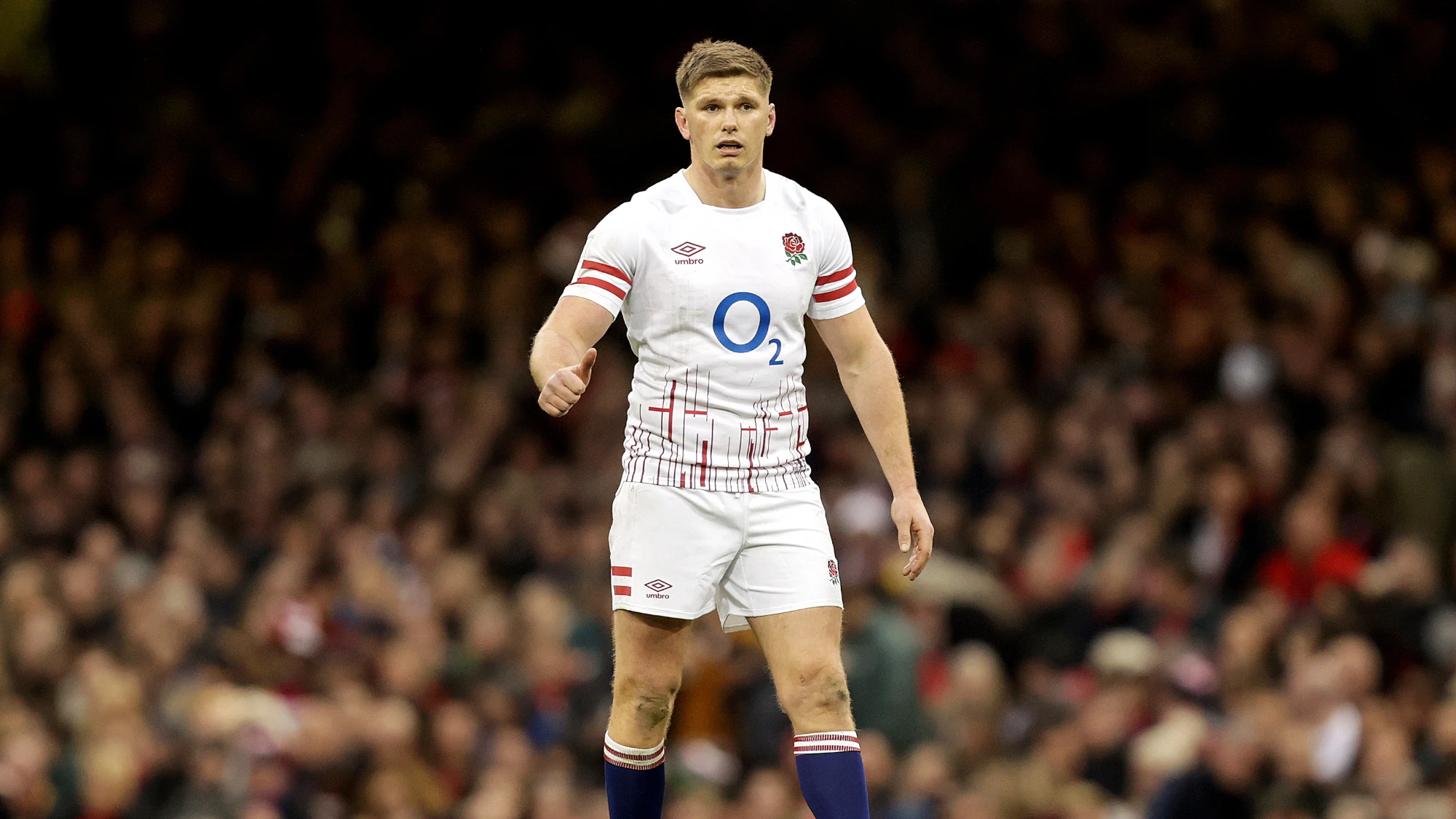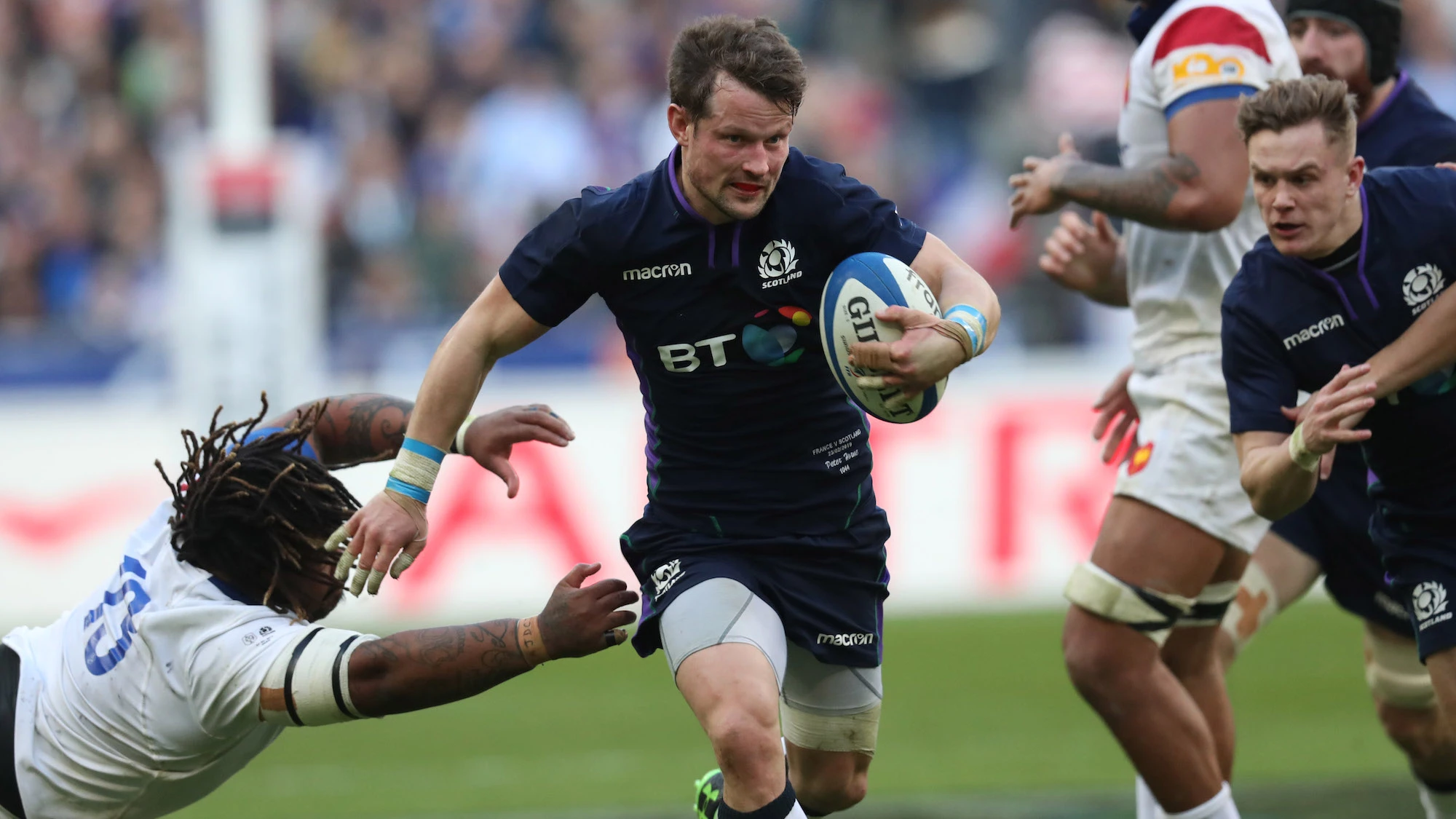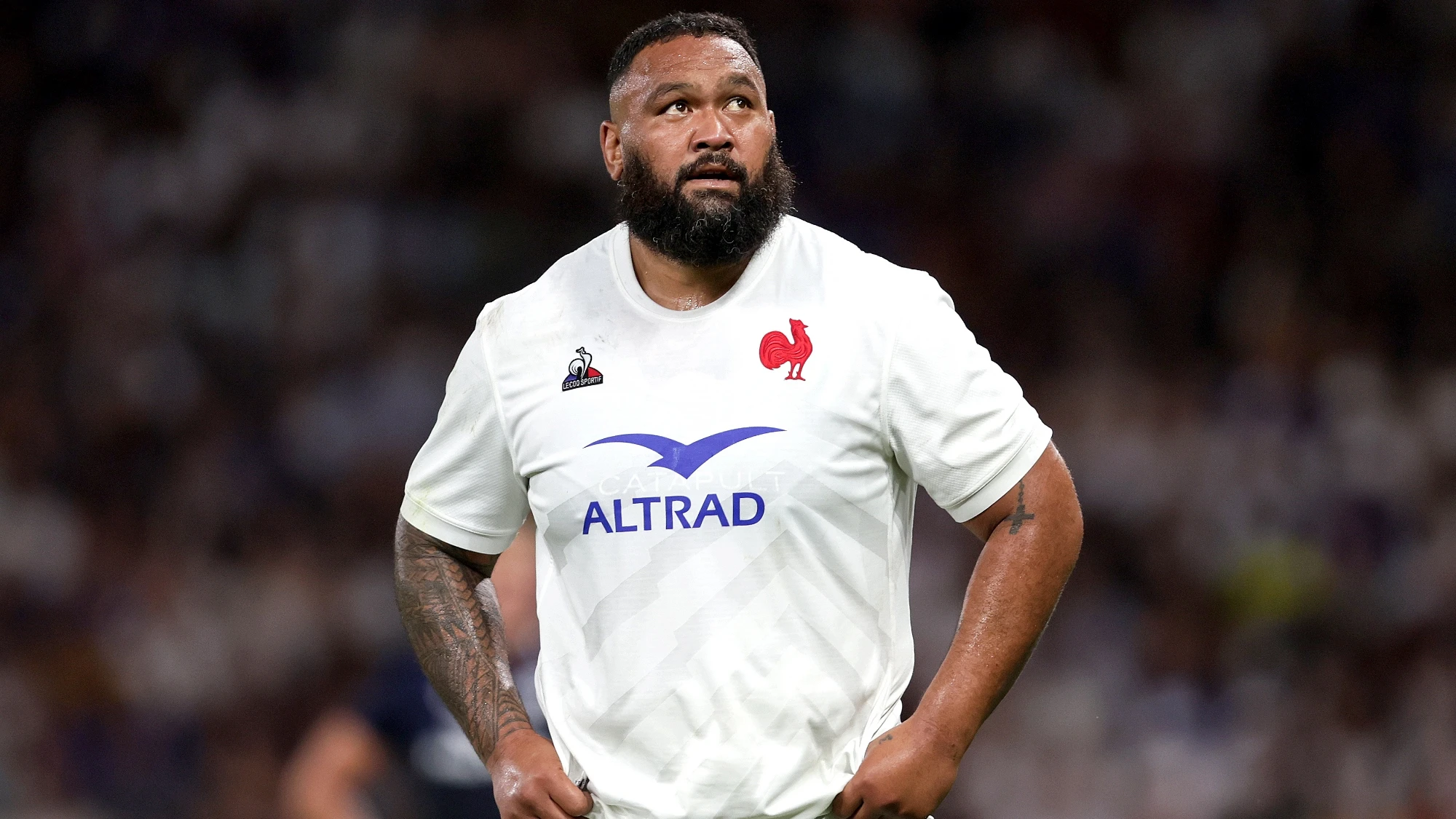The Grand Slam finale has become a monumental part of the NatWest 6 Nations landscape, almost an annual event from the first Championship, at BT Murrayfield a generation ago, to the most recent, in Dublin this time last year.
There have been 15 such occasions since the inaugural Six Nations season in 2000 and Twickenham on St Patrick’s Day will stage the 16th, provided Ireland extend their home rule at the start of Round Four against Scotland in Dublin on Saturday afternoon.
Click here for the complete 2018 NatWest 6 Nations fixture list The dust will barely have had time to settle there before France-England takes centre stage in Paris, a duel made all the more significant because of what happened in Edinburgh in round three. Scotland’s exhilarating capacity to turn the most daring of dreams into reality leaves England having to make the journey to Paris along a very different road, their ambition lowered from a Grand Slam to the more prosaic matter of avoiding successive defeats. Before Edinburgh, Eddie Jones had only experienced one of those since his appointment as head coach more than two years ago – the Slam decider in Dublin last year. Now he has to be careful not to avoid losing twice as many in successive matches.
England may well find themselves in one of two very different positions come Saturday night. They could either have seen the title slip further from their reach or fought their way back in the hunt with a vengeance on the strength of a fourth straight win, all the more so if it should follow Gregor Townsend’s mercurial Scots defying the odds yet again by stopping the Irish in their tracks. It all makes a sharp contrast to England’s last appearance in Paris, at the end of the 2016 Championship when they collected their first Grand Slam for 13 years in some style, three tries (one each for Danny Care, Dan Cole and Anthony Watson) and six goals from Owen Farrell trumping seven penalties from Maxime Machenaud. France, up and running after losing bonus points against the Irish and Scots, have to go back eight years for their last triumph of Grand Slam proportion at England’s expense. Morgan Parra’s penalty hat-trick and a Francois Trinh-Duc drop proved just enough for a team whose back row included Julien Bonnaire, on duty this weekend in his current role as part of Jacques Brunel’s coaching team. Wales, home to Italy on Sunday under Taulupe Faletau’s captaincy for the first time, will hope to take advantage of whatever does or does not happen elsewhere by making the most of their first appearance in Cardiff since they launched this year’s Championship with a handsome, maximum-point win over Scotland.
Their opponents may be marooned in the throes of 15 consecutive defeats but Wales have reason to be wary of an occasion that marks the eleventh anniversary of a the day Italy ought to have won in Cardiff. Instead several missed penalties and a wayward drop shot allowed Wales, then defending Grand Slam champions, to escape with an 18-18 draw. The one survivor from that match on either side, Sergio Parisse, is scheduled for his 64th championship appearance, one more than Ronan O’Gara, one short of Brian O’Driscoll whose 65-match total has stood on its own since the Irish Lion retired four years ago. Despite no more than one point out of ten to show for their trips to Twickenham and Dublin, Wales know that a storming home run against Italy this weekend and against France six days later will give them every chance of a top-three finish. Ireland, reinforced by the recovery from injury of Lions’ Test tighthead Tadhg Furlong and Ulster’s multi-purpose Lion Ian Henderson, have taken ten out of ten at home as reward for a flood of eight tries against Italy followed by five more against Wales. Another maximum-point return could put them beyond reach of every fading challenger.
It would also ensure that the NatWest 6 Nations produces at least one Grand Slam contender as it has done every season with just four exceptions, a phenomenal rate given the degree of difficulty in reeling off five straight wins compressed into a period of six weeks. The first non-Slam happened in 2006 when France recovered from losing their opener at BT Murrayfield to win the next four and take the title ahead of Ireland on points-difference. The following year produced an action replay with the holders edging home after the photo-finish to beat them all. Ireland, watching in Rome after a landslide win over Italy, knew the title would be theirs if France failed to beat Scotland in the final match by 24 points. In the finest tradition of the Six Nations’ flair for dabbling in the dramatic, they managed to rock the joint as never before, overhauling the luckless Irish with seconds to spare thanks to an injury-time try from a No.8 called Elvis, as in Vermeulen. The last year not to feature a Grand Slam decider, 2015, produced a finish of such unrelenting grandeur that nothing like it had been seen before or since. On the Super Saturday to beat them all, Wales, Ireland and England made their bids for the title in Rome, Edinburgh and Twickenham respectively. After some six hours continuous rugby had exhausted every superlative in the dictionary, Ireland seized the title by a points-difference of six over England but not before the holders had gone mighty close to an eighth converted try against France which would have enabled them to take the title by a ponts-difference of one. Losing Grand Slam deciders in the Six Nations: 2000 England against Scotland at Murrayfield, Lost 13-19 2001 England against Ireland at Lansdowne Road, Lost 14-20 2011 England against Ireland at Aviva Stadium, Lost 8-24. 2013 England against Wales at Millennium Stadium, Lost 3-30 2017 England against Ireland at Aviva Stadium, Lost 9-13 Winning Grand Slam deciders: 2002 France beat Ireland at Stade de France, 44-5 2003 England beat Ireland at Lansdowne Road, 42-6 2004 France beat England at Stade de France, 24-21 2005 Wales beat Ireland at Millennium Stadium, 32-20 2008 Wales beat France at Millennium Stadium, 29-12 2009 Ireland beat Wales at Millennium Stadium, 17-15 2010 France beat England at Stade de France, 12-10 2012 Wales beat France at Millennium Stadium, 16-9 2016 England beat France at Stade de France, 31-21 The last time England were in Paris: March 19, 2016: France 21 Penalties: Machenaud 7
England 31 Tries: Care, Cole, Watson. Conversions: Farrell 2 Penalties: Farrell 4 France: S Spedding; W Fofana, G Fickou, M Mermoz, V Vakatawa; F Trinh-Duc, M Machenaud; J Poirot, G Guirado, capt., R Slimani; A Flanquart, Y Maestri; D Chouly, B Le Roux, L Goujon. Substitutions: J Plisson (for Trinh-Duc, 13 mins), U Atonio (for Poirot, 57), P Jedraisiak (for Flanquart, 57), X Chiocci (for Slimani, 57), C Chat (for Guirado, 66), M Medard (for Mermoz, 69), W Lauret (for Goujon, 69), S Bezy (for Machenaud, 75), J Poirot (for Le Roux, 79) England: M Brown; A Watson, J Joseph, O Farrell, J Nowell; G Ford, D Care; M Vunipola, D Hartley, capt., D Cole; M Itoje, G Kruis; C Robshaw, J Haskell, B Vunipola. Substitutions: J Marler (for M Vunipola, 41), B Youngs (for Care, 43), L Cowan-Dickie (for Hartley, 67), J Clifford (for Robshaw, 75). Not used: K Brookes, J Launchbury, M Tuilagi, E Daly.



